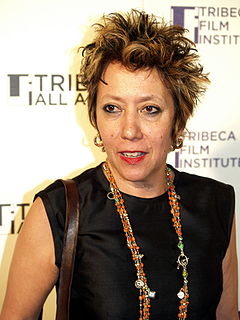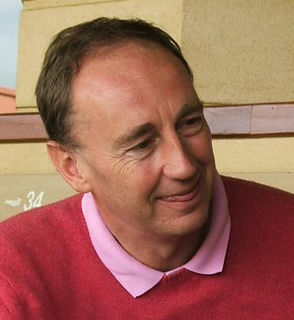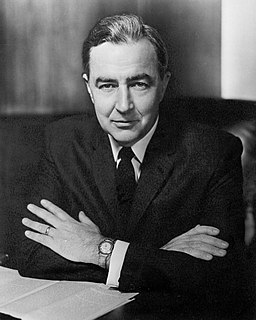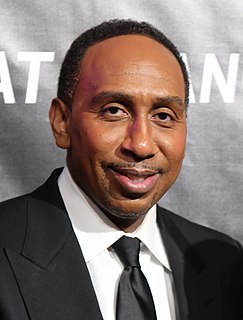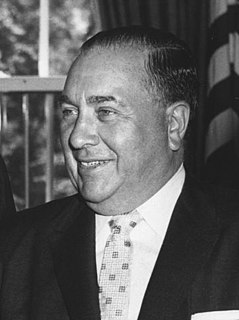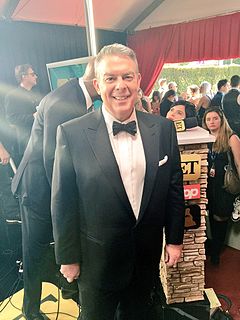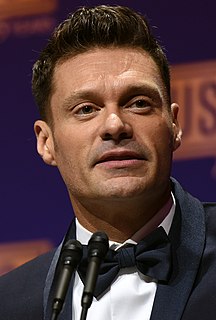A Quote by Umberto Eco
It comes down to a question of attention: it's difficult to use the Net distractedly, unlike the television or the radio.
Related Quotes
There is danger in the concentration of control in the television and radio networks, especially in the large television and radio stations; danger in the concentration of ownership in the press...and danger in the increasing concentration of selection by book publishers and reviewers and by the producers of radio and television programs.
College radio is a very important medium that needs to survive in difficult economic times when some stations are being sold off and shut down. College radio is the future for broadcasting stars and pioneers of tomorrow, and we as a band, Coldplay, support the vital mission of college radio and we also support College Radio Day, the day when college radio comes together.
When you think about advertising, it's understanding that whether it's newspaper, radio, or television, you have to know how to advertise, how to market, because ultimately, everything comes down to ratings and revenue or ratings and subscribers and revenue, whether it's newspapers or radio or television.
One of the dangers about net-net investing is that if you buy a net-net that begins to lose money your net-net goes down and your capacity to be able to make a profit becomes less secure. So the trick is not necessarily to predict what the earnings are going to be but to have a clear conviction that the company isn't going bust and that your margin of safety will remain intact over time.
When you're on the bus or subway or in your car, why busy your mind with all the garbage of advertisements? Why fill your mind with television and radio? Somehow you have to decide what your mind will receive. I don't mean you shouldn't ever go to movies or watch television, but control what enters your mind and heart. It's not just a question of pushing bad things out but also a question of holding on to something really good.
I did television for a very long time, but if you're on television, words don't count. What the eye sees beats the words. If you switch sides, from radio to television, you learn that the wordiness that you learn on the radio is useless or not nearly as powerful, and you have to learn to trust that the eye will just beat the ear.



